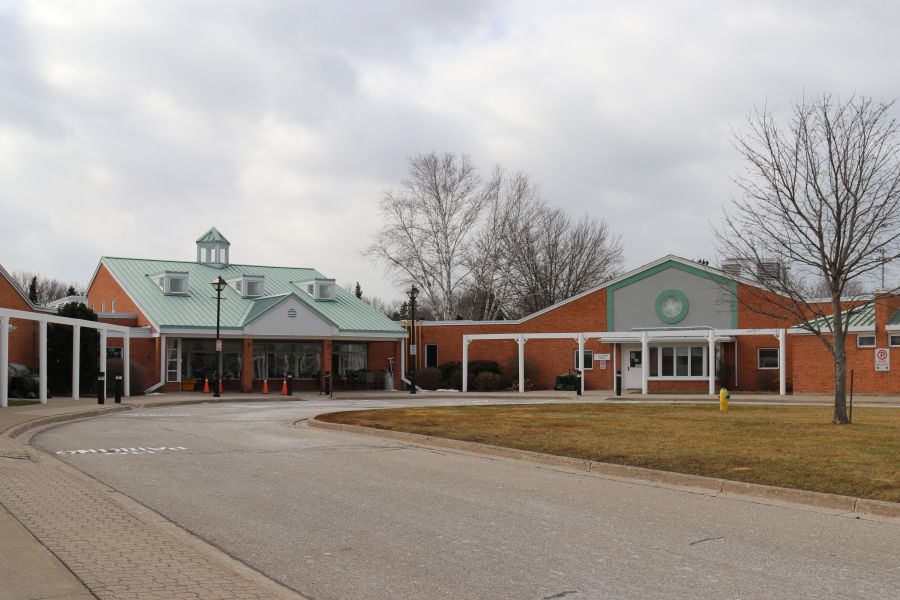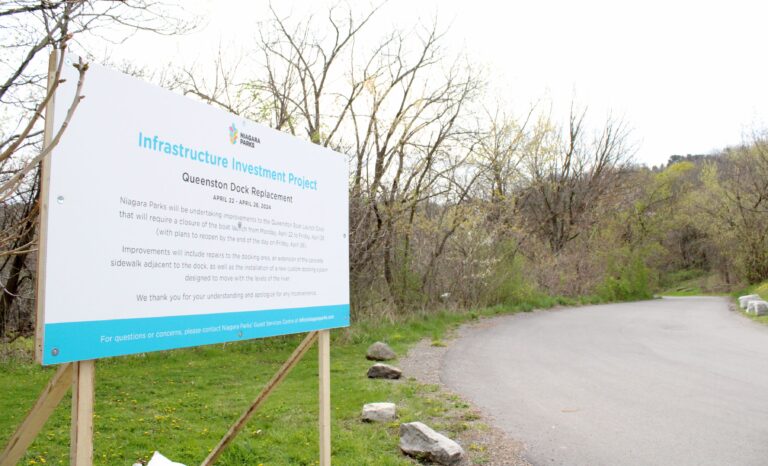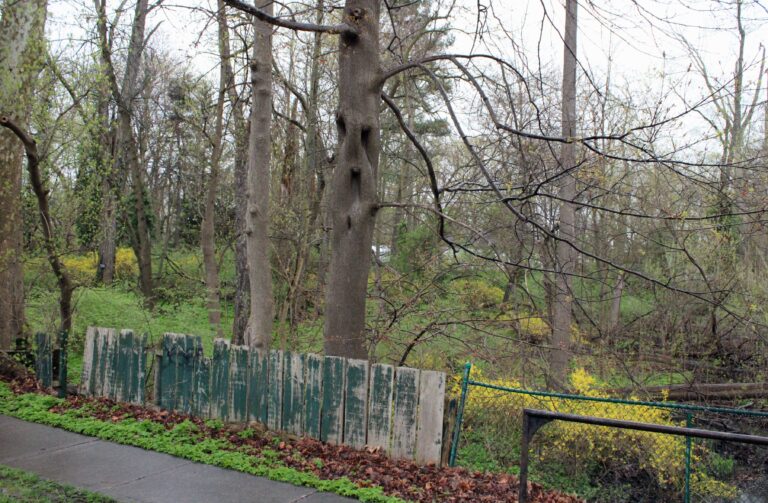Niagara-on-the-Lake’s long-term care residents will have to move to a new home.
The discussion about the redevelopment of NOTL’s facility has been going on for a couple of years now. Upper Canada Lodge was one of the three long-term homes in Niagara Region – along with Fort Erie’s Linhaven Lodge and St. Catharines’ Gilmore Lodge – that was considered for redevelopment to meet provincial standards by 2025.
However, Regional Coun. Gary Zalepa Jr. confirmed Friday that NOTL’s site is not going to be redeveloped, but will be closed instead.
Linhaven and Gilmore Lodge will be shutting down, too, he said, though the region is planning to offset the loss by building two new facilities, which will keep the number of long-term care beds in the region at 948, plus an additional 13 beds.
Zalepa said he doesn’t know when exactly the closings will happen.
One of the reasons for closing is the change in the “provincial funding formula” that requires long-term homes to have 120 beds and having a building with such amount of beds in NOTL is impossible, said Zalepa.
“The reality is that the (80)-bed unit home is not viable. And not only economically, from a funding point of view. But you can’t sustain services, you can’t put services in there that can’t adequately support residents without significantly spending a lot of extra dollars.”
Another reason was that the world of long-term care turned into palliative care nowadays.
“Our homes that we have aren’t designed for that reality,” said Zalepa. “People didn’t require as many palliative and nursing services. Today, many of the people who come to long-term care are on critical illnesses, coming right out of the hospital. So their needs are really different.”
After the sites are closed, no residents will be left without accommodation. The region will develop new facilities and provide space for all, said Zalepa.
As the Upper Canada Lodge's land is owned by Parks Canada, the site with the existing buildings will be available for rent.
“If they can’t find a tenant, the region has to return the site as it was. So the buildings will have to be removed and the site cleared,” said Zalepa.
Niagara Region currently has 33 long-term care homes, eight of which are owned by the region.
Although three long-term care homes will be closed, there will be two new properties opened with at least 120 beds, said Zalepa.
One will be in Fort Erie and another will be at Linhaven’s site in St. Catharines. The construction will have to be completed by 2022 and the bed allocation will be in 2020, Zalepa told The Lake Report.
The funding for the new development will come from the Ontario Ministry of Health and Long-Term Care.
However, NOTL is lucky to have some organizations that run long-term care homes, said Zalepa.
One of them is a for-profit The Chartwell Niagara Long Term Care Residence in Old Town and another one is Pleasant Manor in Virgil run by Radiant Care, a not-for-profit organization.
“We’re lucky to have them. There’s an opportunity to work and help those operators increase their bed count. Once everything is settled, Niagara-on-the-Lake will actually end up with more beds even with Upper Canada Lodge closing,” said Zalepa.
Henriette Koning, the region’s director of senior services, confirmed the region is working on opening two sites.
“We’re still in the early days of the process,” said Koning. “We’re confirming the number of beds in Fort Erie and the number of beds in St. Catharines.”
The project for new sites will have to go before the regional council for approval.
The administrators at Upper Canada Lodge, Linhaven and Gilmore Lodge declined to comment.
This story has been edited to correct the number of beds suggested by the new provincial funding formula. In a recorded interview, Zalepa Jr. had originally said 160 beds, which was mistakenly reported as 1,600. The region confirmed the number of beds required is actually 128. Niagara Now apologizes for any inconvenience caused by the error.











